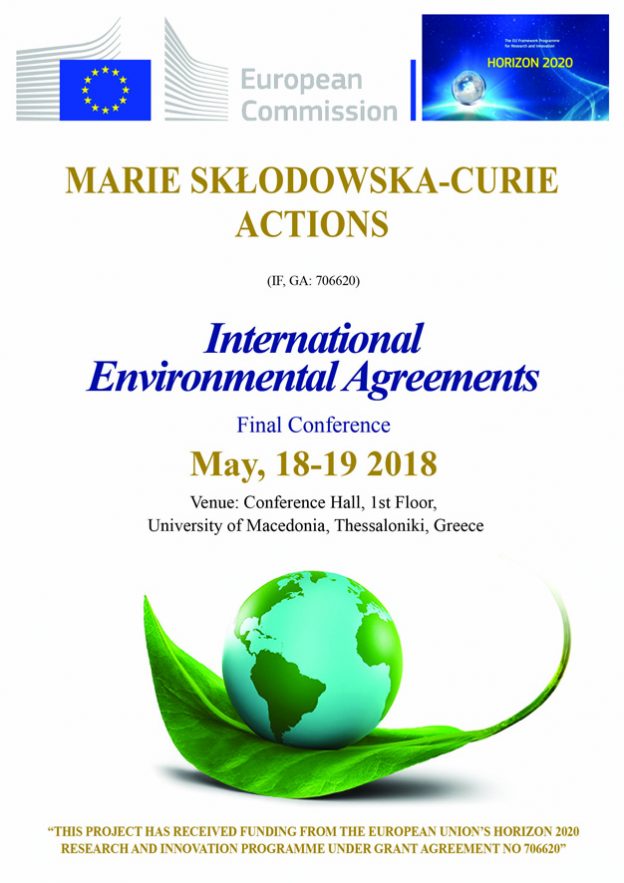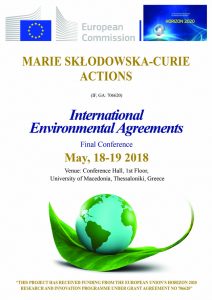
by Panagiotidis, T., Papapanagiotou, G., & Stengos, T.
We perform a large-scale analysis to evaluate the performance of traditional and Markov-switching GARCH models for the volatility of 292 cryptocurrencies. For each cryptocurrency, we estimate a total of 27 alternative GARCH specifications. We consider models that allow up to three different regimes. First, the models are compared in terms of goodness-of-fit using the Deviance Information Criterion and the Bayesian Predictive Information Criterion. Next, we evaluate the ability of the models in forecasting one-day ahead conditional volatility and Value-at-Risk. The results indicate that for a wide range of cryptocurrencies, time-varying models outperform traditional ones.
Citation: Panagiotidis, T., Papapanagiotou, G., & Stengos, T. (2022). On the volatility of cryptocurrencies. Research in International Business and Finance, 62, 101724.









